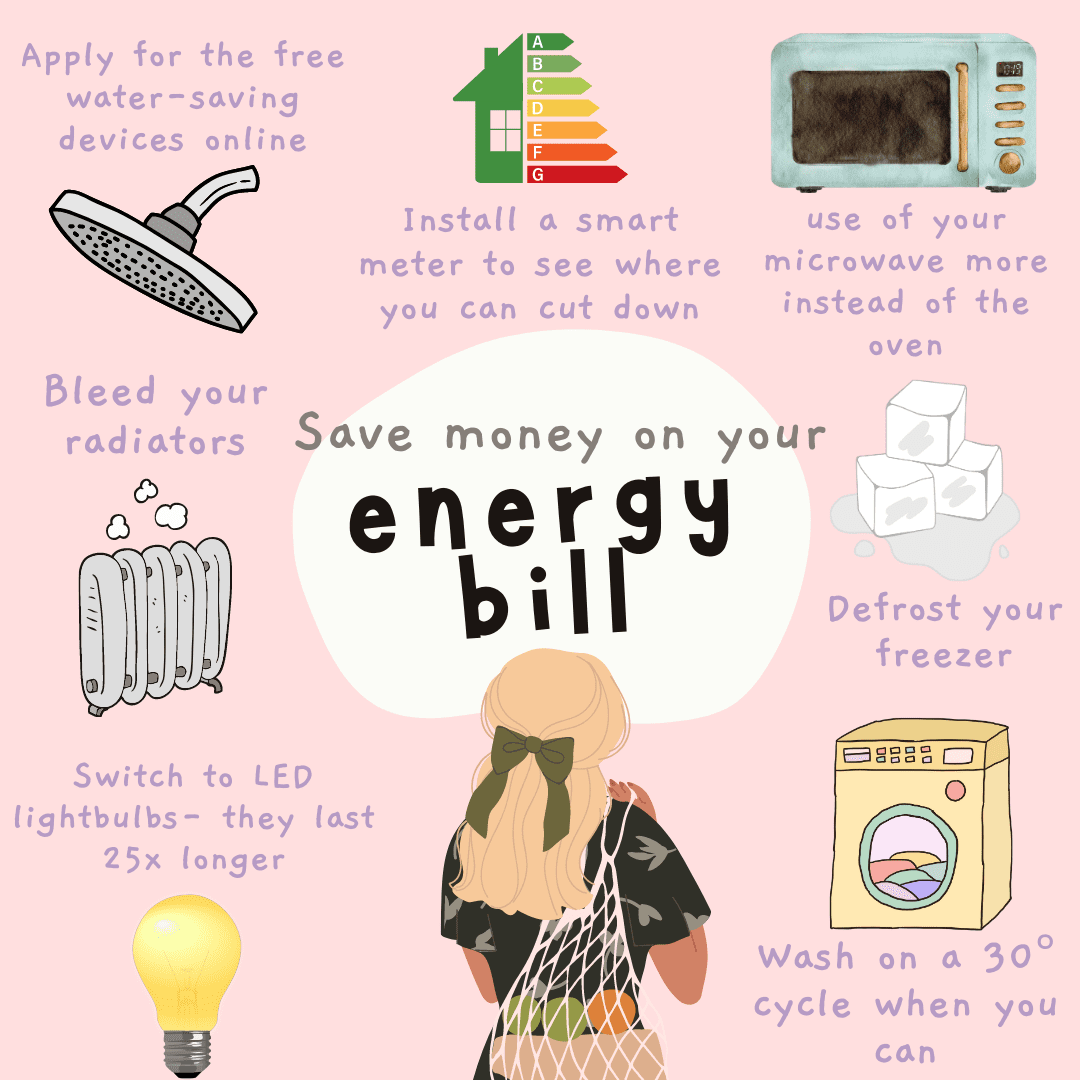
Help Available During the Rise in the Cost of Living in the UK
Help is available now for every household. There are over 40 schemes to help with the cost of living. You can check what you’re eligible for here

The rising cost of living in the UK has impacted many households. This blog post will provide information on the help available for those struggling to make ends meet.
There has already been financial help with energy bills last winter of 2022. Every household got £400 towards their bills.
This automatic, non-repayable discount was applied in six instalments between October 2022 and March 2023 to help households through the winter.
Since October, the Energy Price Guarantee has capped the unit cost of gas and electricity, to reduce the cost of energy bills. This is now in place for all homes in the UK.
What help is available during the rise in the cost of living in the UK?
Cost of Living Payments 2023 to 2024
The government has announced when further Cost of Living Payments will be made between spring 2023 and spring 2024. These payments are:
- £301 for people on an eligible low-income benefit, to be paid during spring 2023
- £150 for people on an eligible disability benefit, to be paid during summer 2023
- £300 for people on an eligible low-income benefit, to be paid during autumn 2023
- £300 for pensioner households, to be paid during winter 2023 to 2024
- £299 for people on an eligible low-income benefit, to be paid in spring 2024
You could get up to 3 different types of payment depending on your circumstances on a particular date or during a particular period:
- a Cost of Living Payment, if you were getting a qualifying low-income benefit or tax credits
- a Disability Cost of Living Payment, if you were getting a qualifying disability benefit
- a Pensioner Cost of Living Payment, if you’re entitled to a Winter Fuel Payment for winter 2022 to 2023
These payments are not taxable and will not affect the benefits or tax credits you get.

Low-income benefits and tax credits
You may get a payment of £650 paid in 2 lump sums of £326 and £324 if you were getting payments of any of the following:
- Universal Credit
- income-based Jobseeker’s Allowance
- Income-related employment and Support Allowance
- Income Support
- Pension Credit
- Child Tax Credit
- Working Tax Credit
The payment will be made separately from your benefits.
You could be entitled to up to £2,000 a year of Tax-Free Childcare per child (or £4,000 if disabled) or help with up to 85% of your childcare costs with Universal Credit, as well as 30 hours of free childcare for 3 and 4-year-olds if you are a working family in England.
There’s also help with other bills: Many providers are offering cheaper broadband and mobile deals for those on lower incomes. If you’re on certain benefits you may be eligible.
Water companies are offering hardship schemes for those struggling to pay their bills. And the government-funded Household Support Fund can help with other vital costs – speak to your local council to find out more.
Other help you may be entitled to during the rise in the cost of living in the UK
Find out what other benefits and financial support you might be able to get to help with your living costs.
Use an independent benefits calculator to find out what benefits you could get.
You may be able to get other kinds of support, including:
- help from the Household Support Fund from your local council in England
- the Discretionary Assistance Fund in Wales
- a Crisis Grant or Community Care Grant in Scotland
- Discretionary Support or a Short-term Benefit Advance in Northern Ireland

Here are a few ways in which you can reduce costs further in your home.
Adopting these energy-saving tips will help during the rise in the cost of living
- Install a smart meter. Getting a smart meter can help you see where you use the most energy and how you might be able to reduce it in certain areas of your home.
- Be careful with your washing. You can save around £28 a year from your energy bill just by using your washing machine more carefully: Use your washing machine on a 30-degree cycle instead of higher temperatures & make sure you have a full load.

- Don’t just stand by, switch off. Not keeping your electrical goods on standby can lower your electricity costs and cut CO2 emissions. This simple task could help you save between £40-110 a year.
- Change your lightbulbs. You can reduce energy costs by switching from your present lightbulbs to energy-efficient ones like compact fluorescent or LEDs. They can last up to 25 times longer than standard incandescent lights while using only a fifth of the energy.

- Window film is a form of temporary secondary glazing which helps stop heat from escaping through the glass. You can buy it at hardware shops and online and install it yourself or with the help of a professional.
- Draught-proofing is one of the cheapest and most effective actions you can take to stop or prevent heat from escaping and reduce your energy bills. Block unwanted gaps around windows, doors, chimneys and floors that let the cold and warm air in.
- Use your microwave more. Research shows the microwave uses up to 25% less energy than cooking in the oven.

- Bleed your radiators. Radiators need bleeding when they have air trapped inside them. This stops warm water from circulating your radiator. Make sure you bleed them yearly.
- Reducing your boiler flow temperature could save you up to £100 a year – that’s 30 seconds well spent. If you have a combi boiler, its efficiency can be improved by locating the ‘flow temperature’ dial/setting and adjusting it to 60 degrees.
- Utilise eco mode. Most contemporary appliances feature an eco mode option that uses less energy than picking a shorter cycle and operates at a slower speed and with less heat.

- Defrost your freezer. Defrosting your freezer now and again will save you lots (£384 per year approx) and, there’s nothing wrong with keeping your fridge full as cold food helps to keep the fridge cooler.
- Finding and fixing draughts could save you up to £60 a year.
- Use a portable heater. If you’re the only person at home during the day- it will be more economical than upping the thermostat.

- Turn off the tap when brushing your teeth.
- Leave internal doors open: they will allow warm air from sunny rooms to circulate through the house.
- Install dimmer switches or sensor lights if you can.

- Use a draught excluder beneath the front door.
- Spend one less minute in the shower – you can get free water-saving devices online here

There are so many ways you can reduce your energy bills, even adopting a few of these will help save you some money.

Help during the rise in the cost of living in the UK
Remember, you are not alone. If you are finding things difficult
- Get support with money and mental health from the Mind website
- Find free warm spaces being offered by organisations in your area
- Call the Samaritans on 116 123 to talk to a trained volunteer anonymously for free. Welsh speakers can call 0808 164 0123 between 7 pm and 11 pm
- Text ‘SHOUT’ to 85258 to message a trained volunteer anonymously for free
- Call Refuge on 0808 2000 247 for support with domestic abuse
- Get urgent support with mental health on the NHS website
Find out more about the UK Gov’s Help for Households initiative here: https://helpforhouseholds.campaign.gov.uk/


